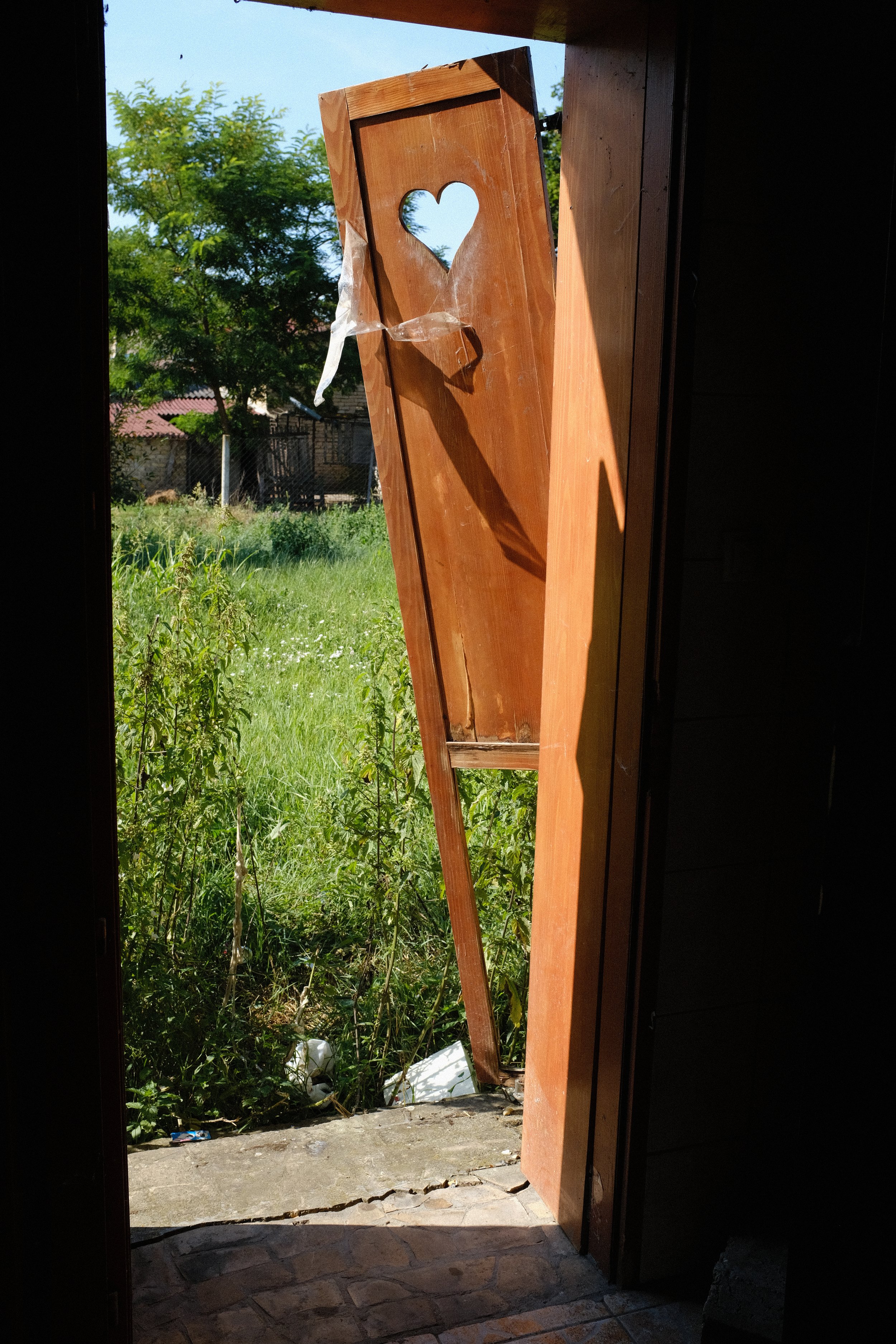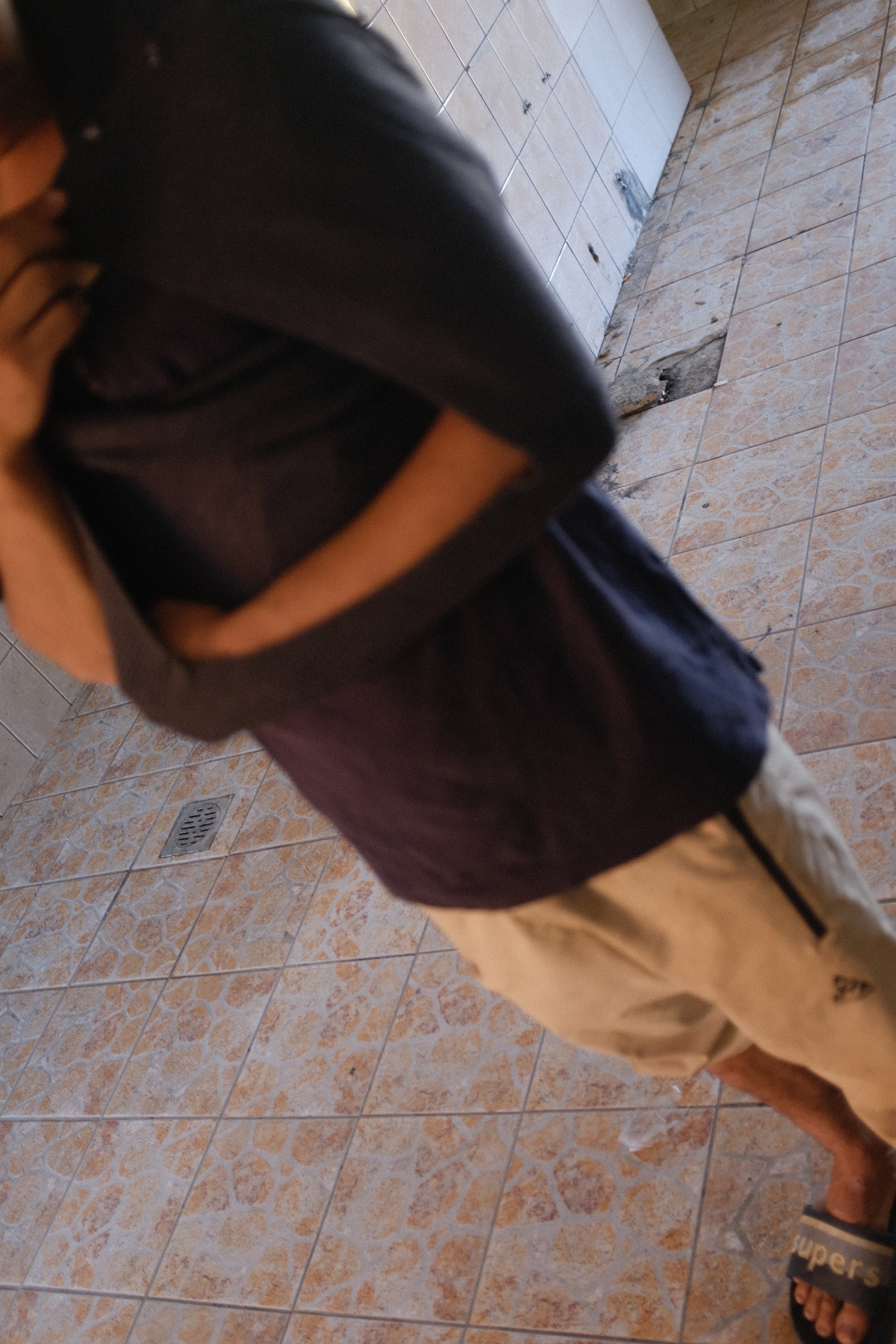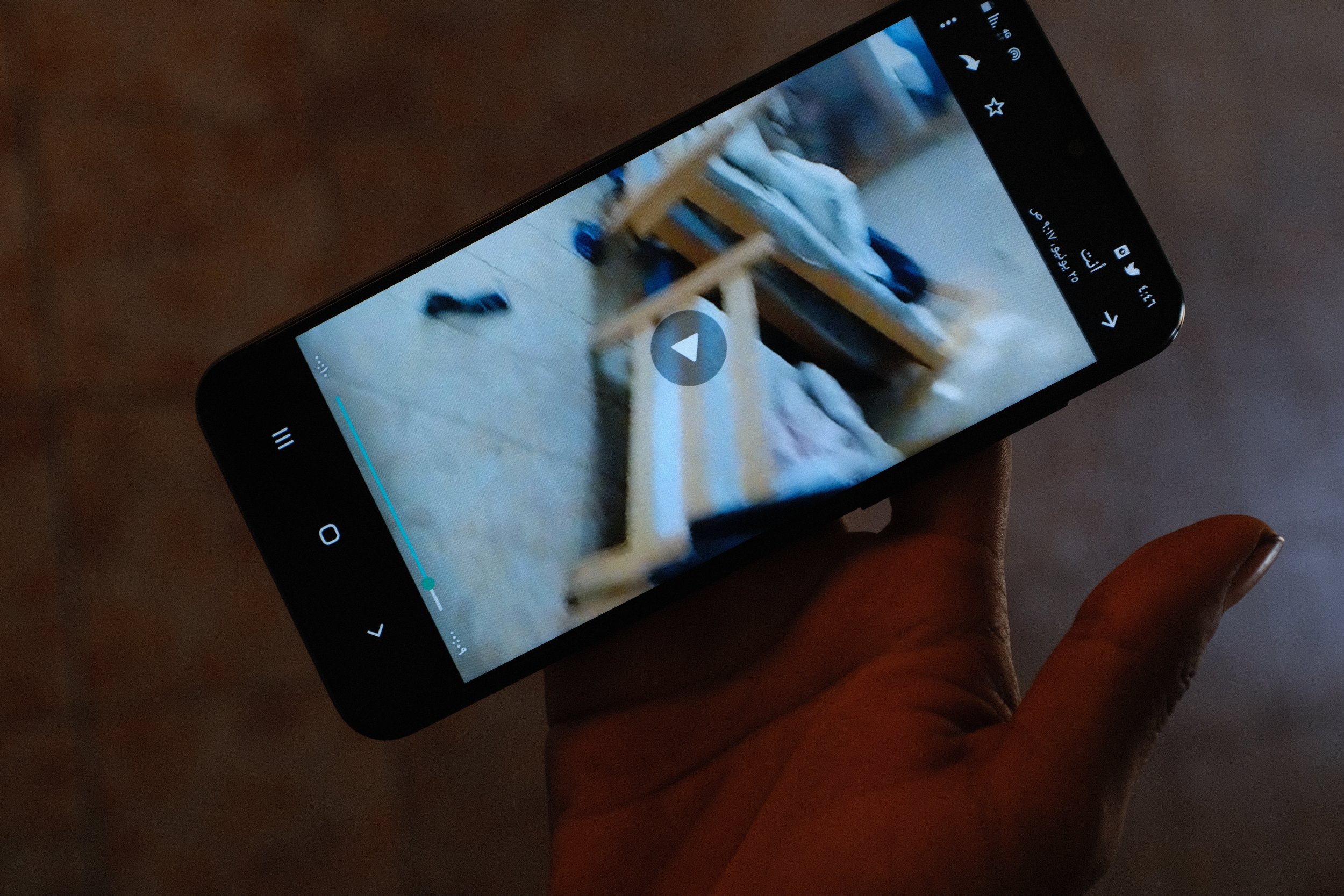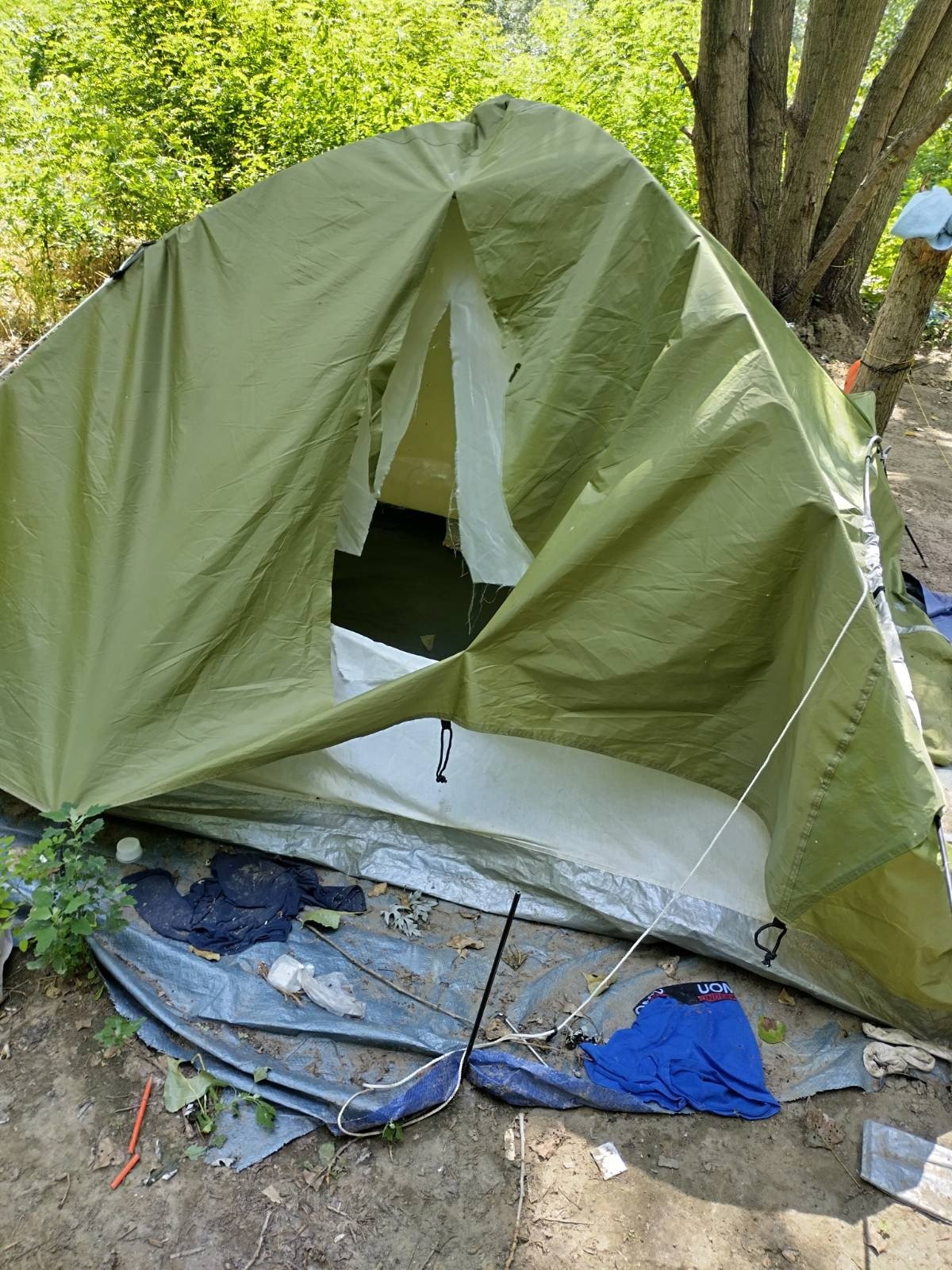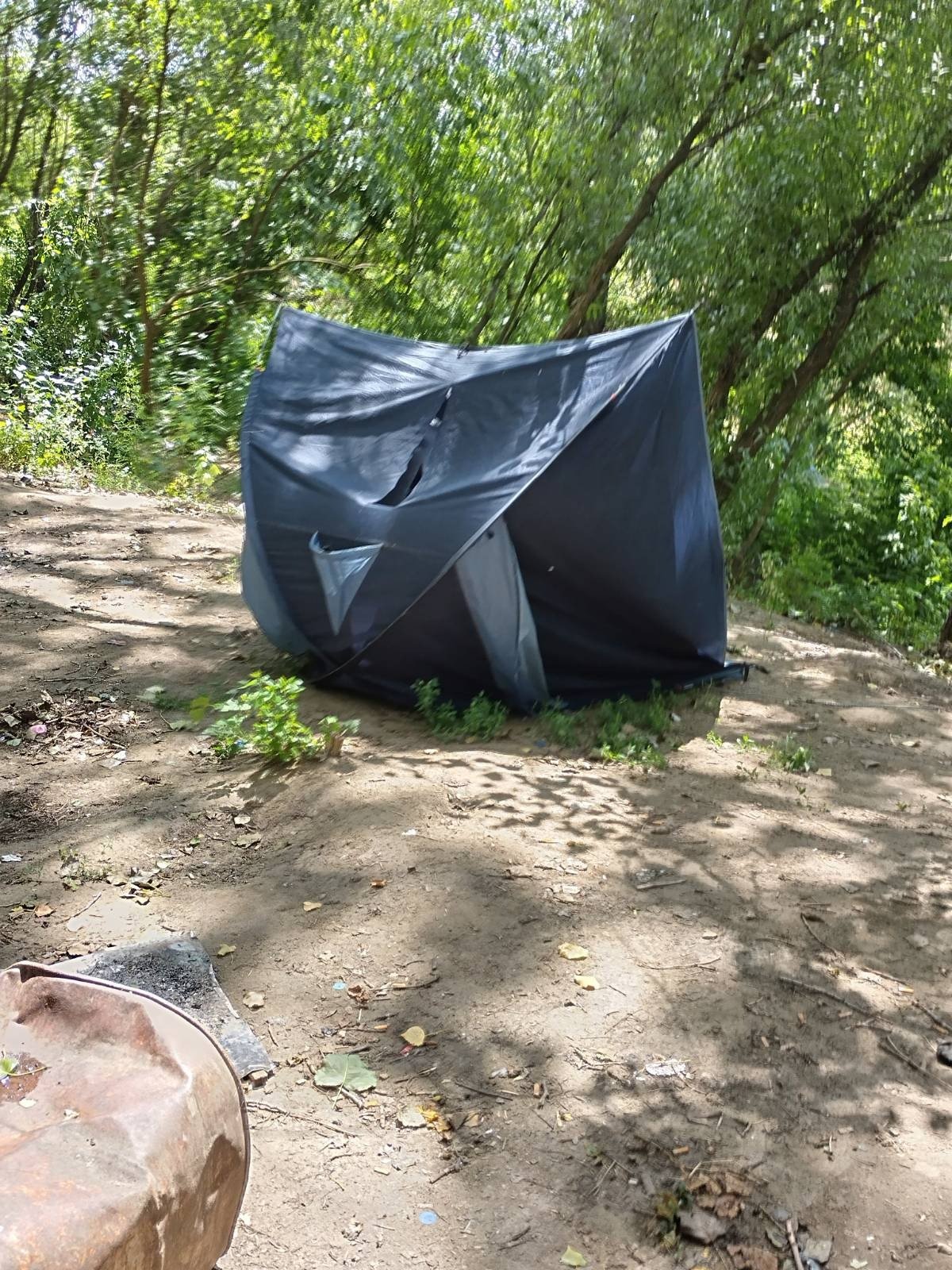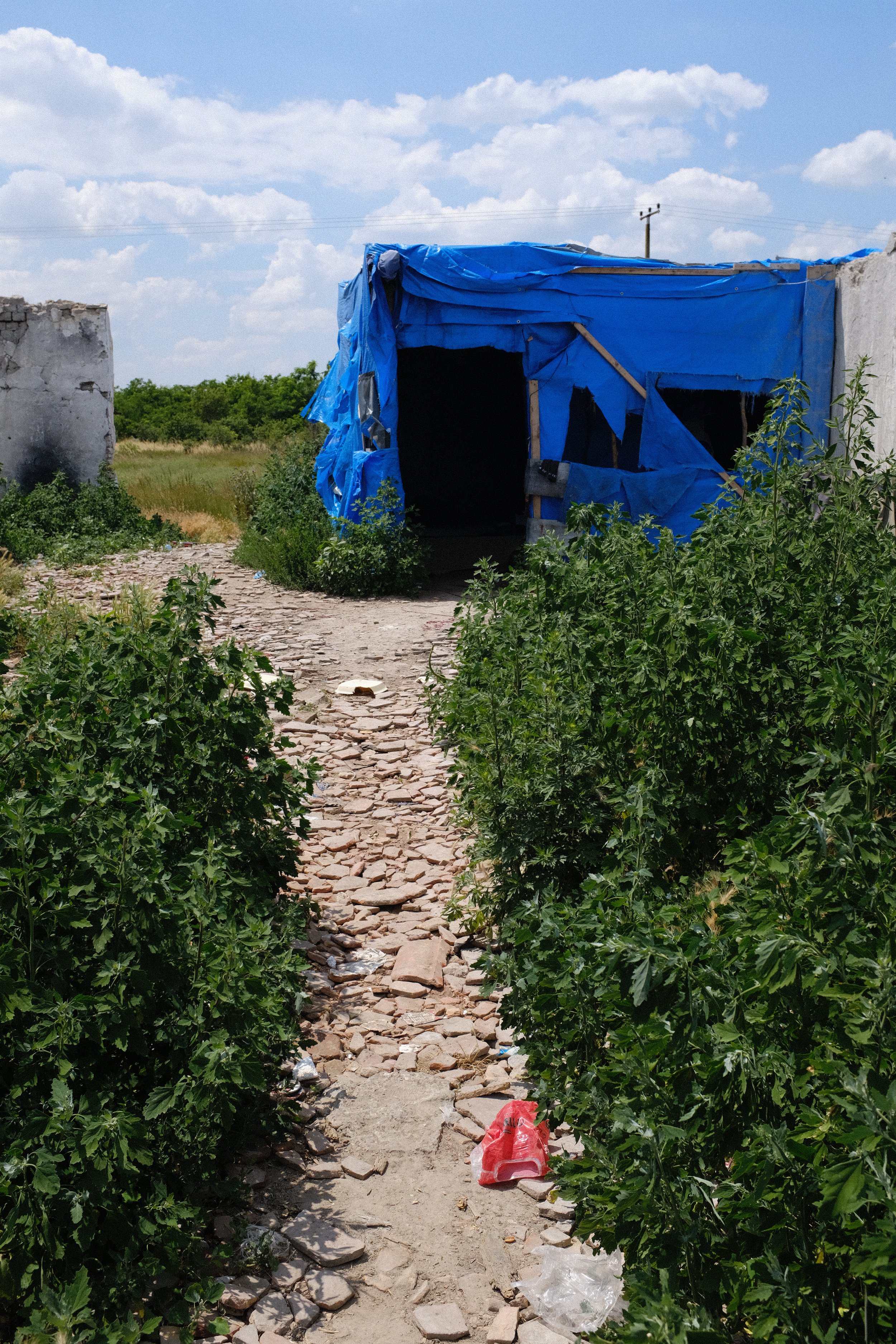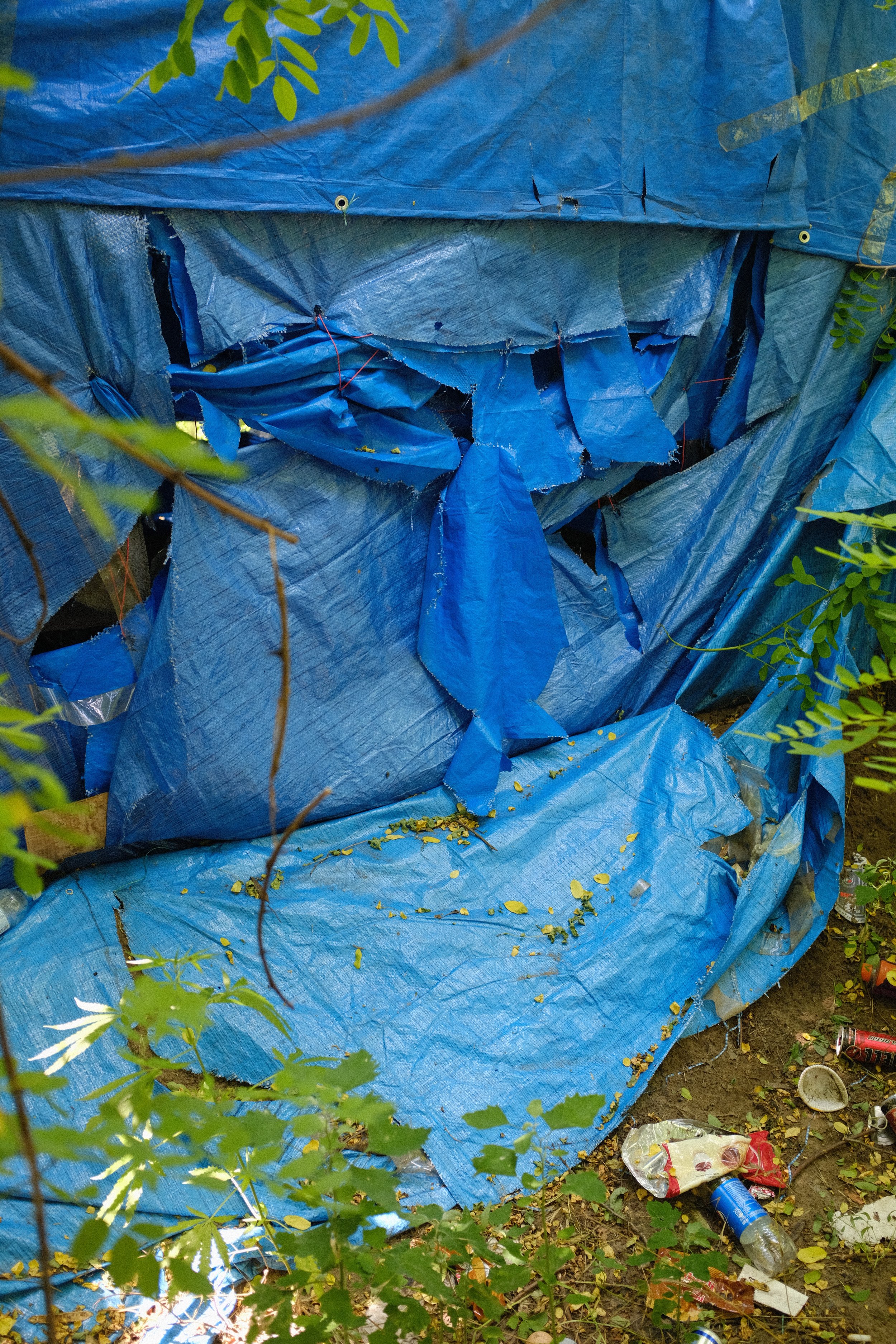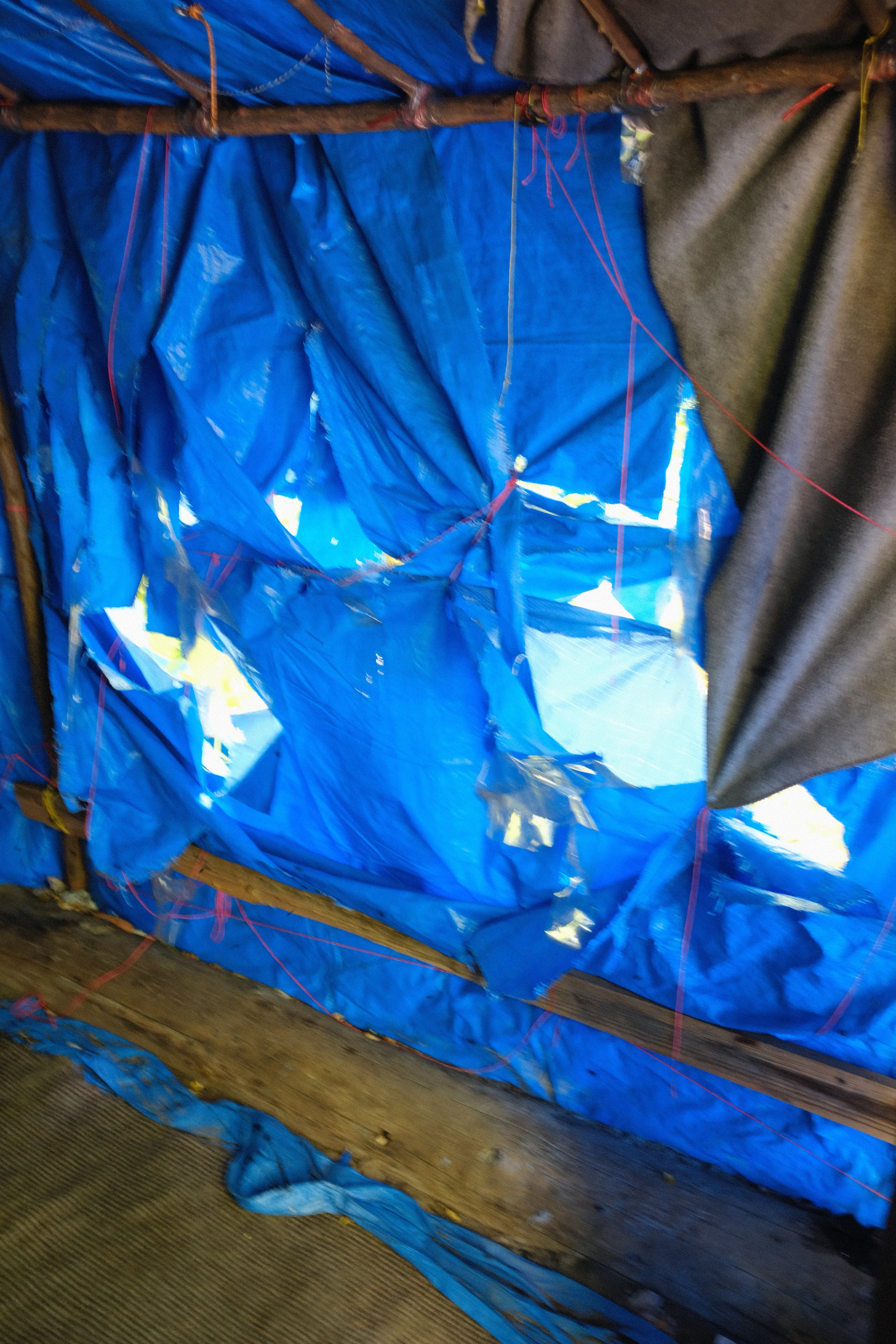“We are Serbian police, we do what we want”
In northern Serbia, taxis have become a lifeline for displaced people and refugees living in informal camps along the Serbian-Hungarian border.
Due to constant police pressure in towns and cities, people on the move are often forced to hide tens of kilometres from shops, amenities, and infrastructure. As well as being essentially driven off local public transport.
Police are frequently found waiting at bus stops to take people to state reception centres, and as a result, many people rely on taxis for transportation in the area. They pay far higher local fares for the privilege - one euro per kilometre is the going rate.
In recent weeks, Collective Aid has witnessed regular taxi stop-and-searches. These often take place on the outskirts of Subotica on the way to the Serbian-Hungarian border and living sites. They even occur at the entrance of Subotica’s reception centre.
We have received reports recently that people on the move are being stolen from taxis by the Serbian police conducting these stop-and-searches. A group of Syrian men informed us that this sort of illegal conduct from Serbian police was not unusual and that they had been the victims of theft from the police on multiple occasions.
In the most recent incident described to us, the group of men were travelling in a convoy of four taxis in the Sombor area. Two Serbian officers stopped them in one car. The police proceeded to demand money off of all passengers in each of the cars. Otherwise, they would be taken to reception centres in the south of Serbia. Apparently, after requests, the police allowed them to keep some of their money for food, but around 300 Euros was taken in total.
Taxis being stopped and searched by Serbian police.
There is no respite from police persecutions. Alongside harassment, whilst travelling, evictions at living sites and informal camps are a regular occurrence. They often happen during the night or early in the morning whilst people are sleeping.
One such testimony from an eviction case detailed Serbian police forcing entry into a building housing a group of around 10 people. The police came early in the morning whilst every one was asleep, proceeding to beat those – including minors – in their beds with batons to force them outside. We were told one man was hit so hard on his neck he fell unconscious. A 15-year-old boy received an injury to his shoulder from the beatings, so much so that he couldn’t move it three days later.
Door destroyed after police forced entry; 2. 15-year-old boy in a makeshift sling, injured by police violence; 3. A video is shown depicting beds broken by police.
Evictions are often violent, with many accounts of police beatings. Buildings are broken into, and tents are slashed and burned. The pictures below were taken from an attempted distribution by Collective Aid on the 29 of June. We had received reports that police had visited the living site already that morning. The team arrived to find no sight of anyone. Instead, a scene of destruction. Slashed and thrown tents, with clothes still drying on a washing line and food left out.
Tents destroyed and slashed by police during evictions.
Valuables such as phones and money have been reported as stolen whilst these evictions occur. Even clothes being burnt, and water being taken. Families and young children are frequently present and involved in these processes.
The pictures below, taken on the 26th of June, show the slashed wall of a living structure visited by our team. The site was evicted only hours earlier. It was reported that two families may have been among those taken. A week prior, our team had supplied a family with clothes and basic hygiene and sanitary products in the very same structure.
Slashed walls of a structure known to be housing a family just a week prior
Following demands from local Serbian populations that more be done about the “migrant situation”, the police and politicians have intensified their campaign against refugees and displaced people.
Police seem to have made a spectacle out of their oppression, increasing the visibility of their violent and intimidating actions. Collective Aid has witnessed and heard reports of people on the move getting held and attacked verbally and even physically in public spaces before being taken away in police vans.
Alongside the increased intensity of evictions, there has been a general increase in police presence around the living sites, with police visiting sites regularly, even without evicting.
For our team, the frequency of police interactions in the field has also increased. In one such situation, a Serbian officer verbally assaulted and intimidated a volunteer. Stating: “We are in Serbia. We are Serbian police. We do what we want”.
Such violent attitudes can be seen reflected in the public sphere. For instance, one volunteer was also verbally assaulted in a public space for having Arabic writing on their t-shirt, likely due to its association with people on the move. We see here the result of such normalised and publicised violence seeping into the public realm. A culture cultivated through narratives in both media and politics.
Despite the added tensions across Serbia’s northern border. Collective Aid continues to deliver essential services to people on the move, particularly the provision of showers and the increased distribution of clean drinking water. As summer temperatures near 40°C, access to these basic amenities is vital.
Words by Dan Schoolar, August 2023


